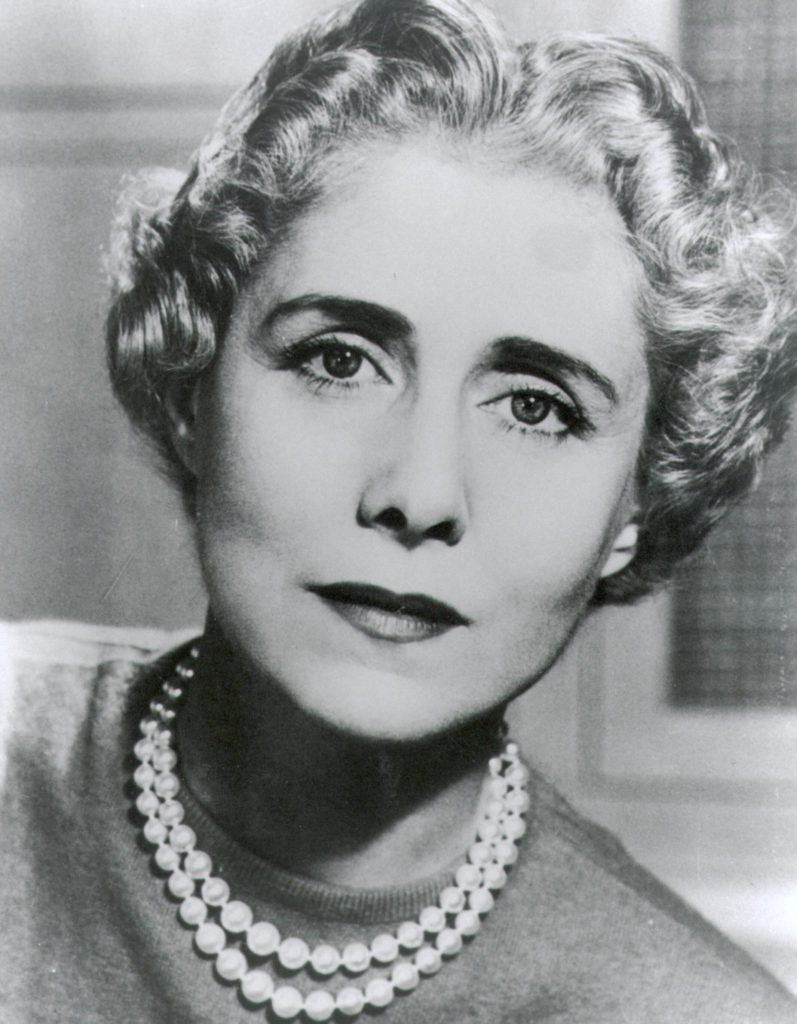“History, despite its wrenching pain, cannot be unlived; but if faced with courage, need not be lived again.” – Maya Angelou.
March 4
March 4, 1681 – King Charles II of England granted a huge tract of land in the New World to William Penn to settle an outstanding debt. The area later became Pennsylvania.
March 4, 1789 – The first meeting of the new Congress under the new U.S. Constitution took place in New York City.
March 4, 1830 – Former President John Quincy Adams returned to Congress as a representative from Massachusetts. He was the first ex-president ever to return to the House and served eight consecutive terms.

March 4, 1933 – Newly elected President Franklin D. Roosevelt took office and delivered his first inaugural address attempting to restore public confidence during the Great Depression, stating, “Let me assert my firm belief that the only thing we have to fear is fear itself…” His cabinet appointments included the first woman to a Cabinet post, Secretary of Labor, Frances Perkins.

Birthday – Revolutionary war hero Casimir Pulaski (1747-1779) was born in Poland. Before aiding in the American Revolution, he was a military leader in Poland’s struggle against Imperial Russia. He joined the Americans in 1777 and fought alongside General Washington at Brandywine, then served at Germantown and Valley Forge. He was mortally wounded during a heroic charge in the Siege of Savannah, Georgia.

Birthday – American football legend Knute Rockne (1888-1931) was born in Voss, Norway. He coached the Notre Dame Football team for 13 seasons, amassing an overall record of 105 wins, 12 losses and 5 ties. He became famous for his locker room pep talks and the saying, “Win one for the Gipper.” He was killed in an airplane crash on March 31, 1931, in Kansas.
March 5
March 5, 1770 – The Boston Massacre occurred as a group of rowdy Americans harassed British soldiers who then opened fire, killing five and injuring six. The first man killed was Crispus Attucks, an African American. British Captain Thomas Preston and eight of his men were arrested and charged with murder. Their trial took place in October, with colonial lawyer John Adams defending the British. Captain Preston and six of his men were acquitted. Two others were found guilty of manslaughter, branded, then released.
March 5, 1868 – The U.S. Senate convened as a court to hear charges against President Andrew Johnson during impeachment proceedings. The House of Representatives had already voted to impeach the President. The vote followed bitter opposition by the Radical Republicans in Congress to Johnson’s reconstruction policies in the South. However, the effort to remove him failed in the Senate by just one vote and he remained in office.
March 5, 1933 – Amid a steadily worsening economic situation, newly elected President Franklin D. Roosevelt proclaimed a four-day “Bank Holiday” to stop panic withdrawals by the public and the possible collapse of the American banking system.

March 5, 1946 – The “Iron Curtain” speech was delivered by Winston Churchill at Westminster College in Fulton, Missouri. Churchill used the term to describe the boundary in Europe between free countries of the West and nations of Eastern Europe under Soviet Russia’s control.
March 6
March 6, 1836 – Fort Alamo fell to Mexican troops led by General Santa Anna. The Mexicans had begun the siege of the Texas fort on February 23rd, ending it with the killing of the last defender. “Remember the Alamo” became a rallying cry for Texans who went on to defeat Santa Anna in the Battle of San Jacinto in April.

Birthday – Renaissance genius Michelangelo (1475-1564) was born in Caprese, Italy. He was a painter, sculptor, architect, poet and visionary best known for his fresco on the ceiling of the Sistine Chapel and his sculptures David and The Pieta.
March 7

Birthday – Stephen Hopkins (1707-1785) was born in Providence, Rhode Island. He was the state’s colonial governor and was a signer of the Declaration of Independence.
March 8
March 8, 1863 – During the American Civil War, Confederate Colonel John Mosby, leader of Mosby’s Rangers, captured Union General E.H. Stoughton at his headquarters in Fairfax County Courthouse, Virginia.
March 9

March 9, 1864 – Ulysses S. Grant was commissioned as a Lieutenant General and became commander of the Union armies.
Birthday – Italian explorer Amerigo Vespucci (1451-1512) was born in Florence, Italy. He explored South America and the Amazon River, believing he had discovered a new continent. In 1507, a German mapmaker first referred to the lands discovered in the New World as America.

Birthday – Russian cosmonaut Yuri Gagarin (1934-1968) was born in Gzhatsk, Russia. On April 12, 1961, he became the first human in space, orbiting in a capsule 187 miles above the Earth’s surface in a flight lasting 108 minutes. His space flight caused a worldwide sensation and marked the beginning of the space race as the U.S. worked to catch up to the Russians and launch an American into space. President John F. Kennedy later asserted the U.S. would land a man on the moon before the end of the 1960’s.
March 10
March 10, 1862 – The first issue of U.S. government paper money occurred as $5, $10 and $20 bills began circulation.
March 10, 1880 – The Salvation Army was founded in the United States. The social service organization was first founded in England by William Booth and operates today in 90 countries.

Birthday – Politician and playwright Claire Boothe Luce (1903-1987) was born in New York City. She served in the House of Representatives from 1943 to 1947 and then became the first woman appointed as U.S. ambassador to a major country (Italy)





Be the first to comment